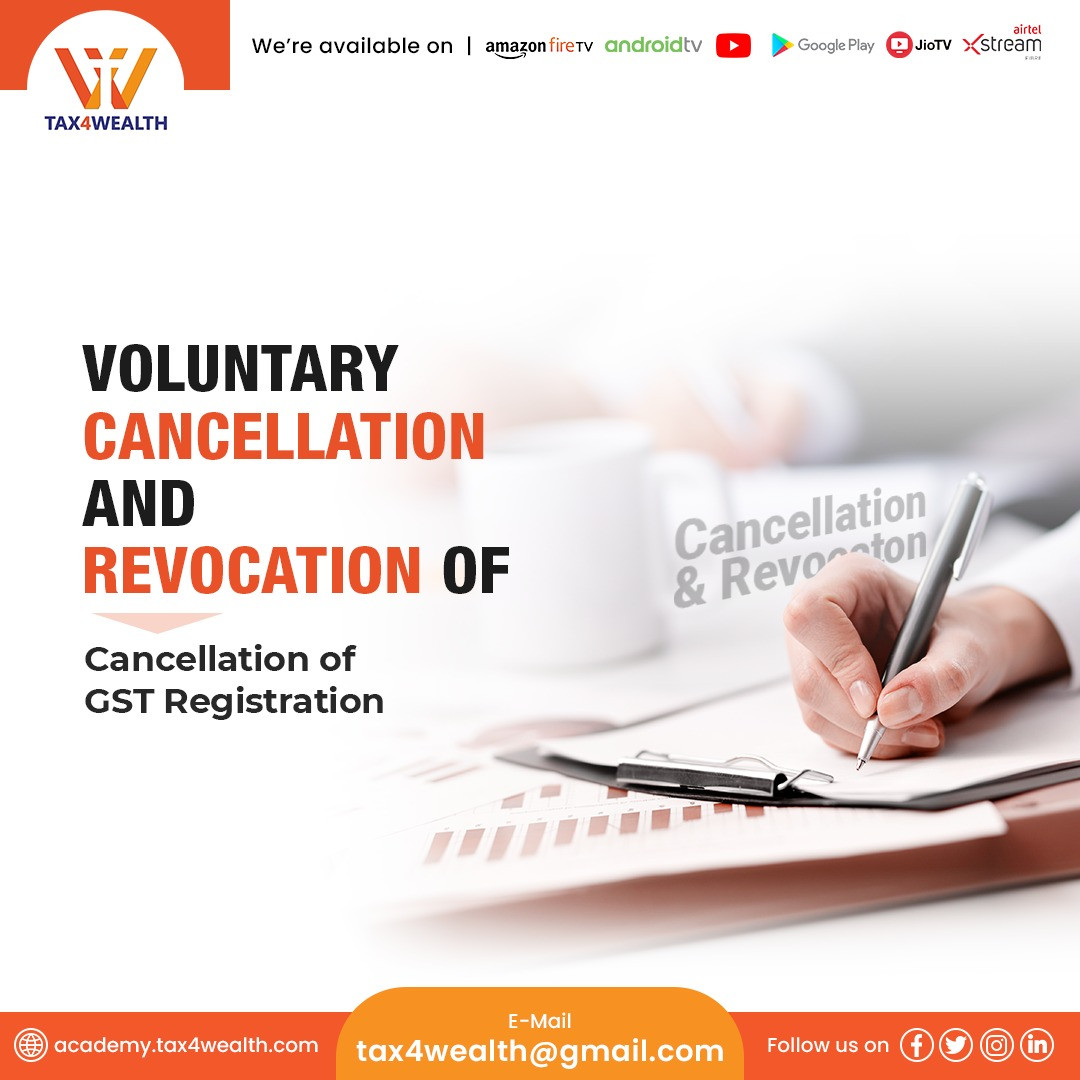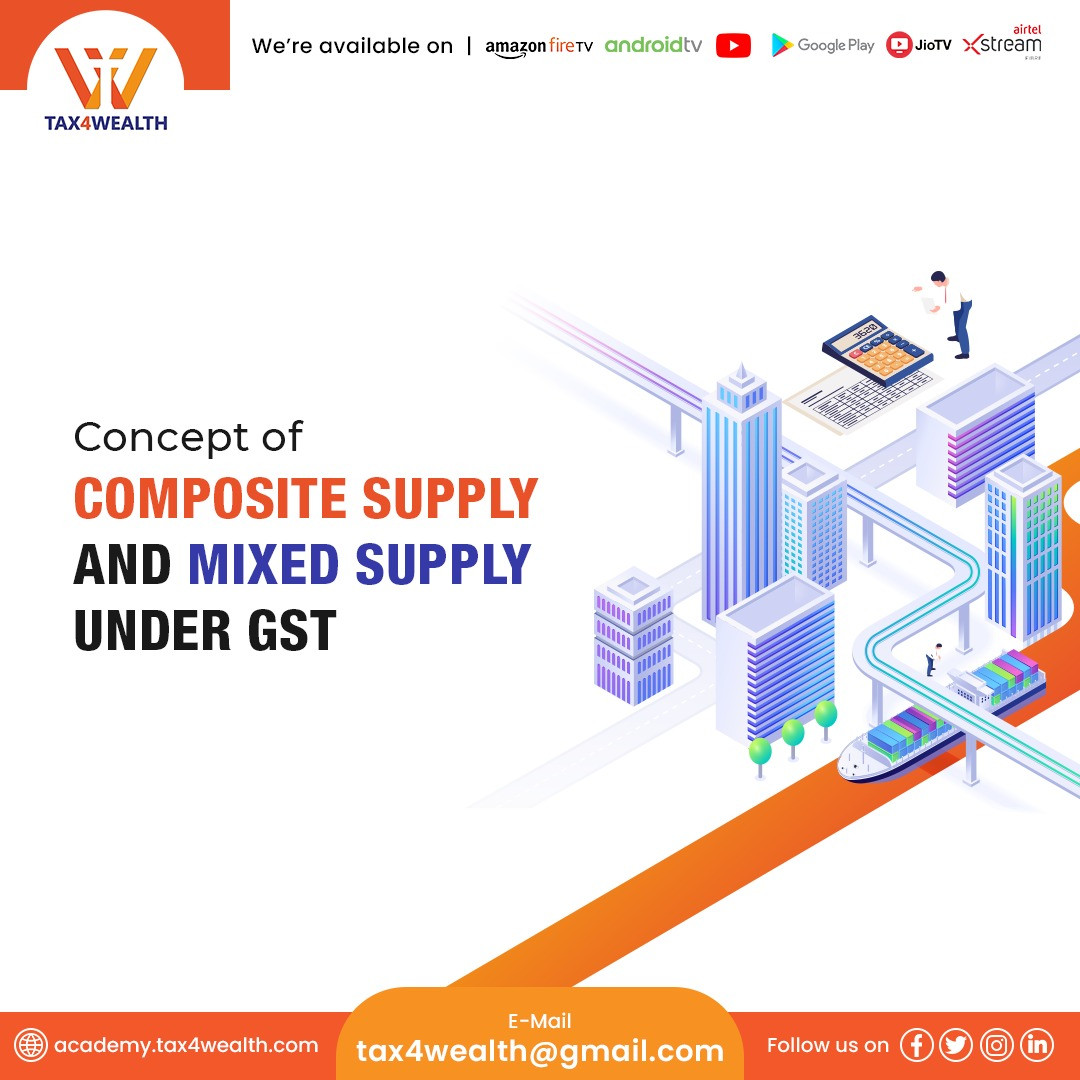Form GSTR-9: Meaning, Applicability & Categories
Form GSTR-9 holds significant importance in the realm of Goods and Services Tax (GST) compliance for businesses in India. It's an annual return that summarizes the entire GST-related activities undertaken by a registered taxpayer during the financial year. Understanding its intricacies is pivotal for businesses aiming to maintain compliance and transparency in their tax affairs. Let's delve deeper into the meaning, applicability, and categories associated with Form GSTR-9.
What is Form GSTR-9?
Form GSTR-9 is an annual return that is required to be filed by all registered taxpayers under the Goods and Services Tax (GST) regime in India. It compiles and consolidates the details furnished in monthly/quarterly GST returns (GSTR-1, GSTR-3B) for a particular financial year. This return is a comprehensive summary of the taxpayer's GST transactions for the entire financial year. It includes details of outward supplies, inward supplies, tax liability, input tax credit (ITC), and refunds.
Who is eligible to file Form GSTR-9?
Categories of Taxpayers Required to File GSTR-9
1. Normal taxpayers:
All registered taxpayers who are not covered under any of the exemption categories are considered normal taxpayers and must file GSTR-9.
2. Composition taxpayers transitioning to normal scheme:
Composition taxpayers who opt out of the scheme during the financial year are considered normal taxpayers for the remaining period and must file GSTR-9.
3. Taxpayers transitioning from VAT to GST:
Taxpayers who migrated from the Value Added Tax (VAT) regime to GST in the first financial year of GST implementation must file GSTR-9 for that financial year.
Form GSTR-9, the annual return under the Goods and Services Tax (GST) regime in India, is mandatory for all registered taxpayers except for:
4. Composition taxpayers:
Taxpayers opting for the composition scheme are required to file GSTR-9A instead.
5. Casual taxpayers:
Those who make occasional and infrequent taxable supplies, are not required to file GSTR-9.
6. Input service distributors (ISDs):
ISDs, who provide input services to other taxpayers, are exempt from filing GSTR-9.
7. Non-resident taxpayers:
Non-resident taxpayers, who do not have a permanent establishment in India, are not obligated to file GSTR-9.
8. Taxpayers deducting TDS under Section 51:
Taxpayers deducting tax at source (TDS) under Section 51 of the CGST Act must file GSTR-9B instead.
9. Taxpayers collecting TCS under Section 52:
Taxpayers collecting tax at source (TCS) under Section 52 of the CGST Act must file GSTR-9B instead.
In summary, GSTR-9 is an essential compliance requirement for all registered taxpayers under GST, except for those specifically exempted. Timely and accurate filing of GSTR-9 ensures compliance with GST regulations and avoids potential penalties.
Categories of Form GSTR-9:
Form GSTR-9 is segregated into two main categories:
Part A - This part deals with the reconciliation of turnover, tax liability, and ITC declared in the annual return with the audited financial statements.
Part B - This part comprises a self-certification by the Chief Financial Officer (CFO) or Finance Head of the taxpayer. It affirms the correctness of the information provided in the return and declares any additional tax liability arising from the audit.
Types of Form GSTR-9:
1. GSTR-9:
This is the standard annual return that businesses with regular GST registration need to file.
2. GSTR-9A:
Applicable to composition scheme taxpayers. This category is specifically designed for those opting for the composition scheme under GST.
3. GSTR-9C:
A reconciliation statement that taxpayers with a turnover above a specified threshold need to file along with their annual return. It involves a reconciliation of the audited annual accounts with the figures provided in the GSTR-9 return.
For more information, Visit us at: https://academy.tax4wealth.com/
Related News
No comments yet, Be the first to comment.













